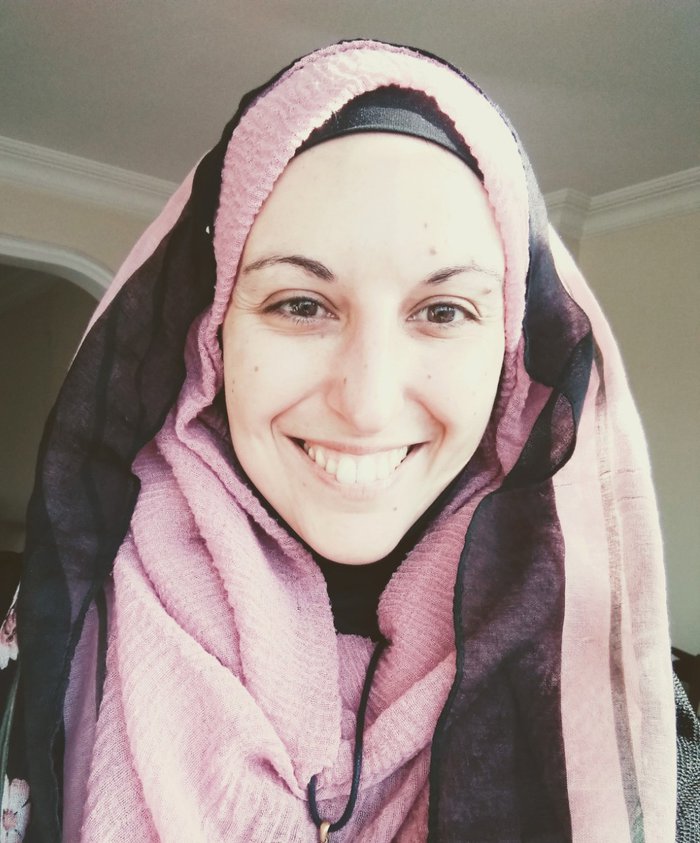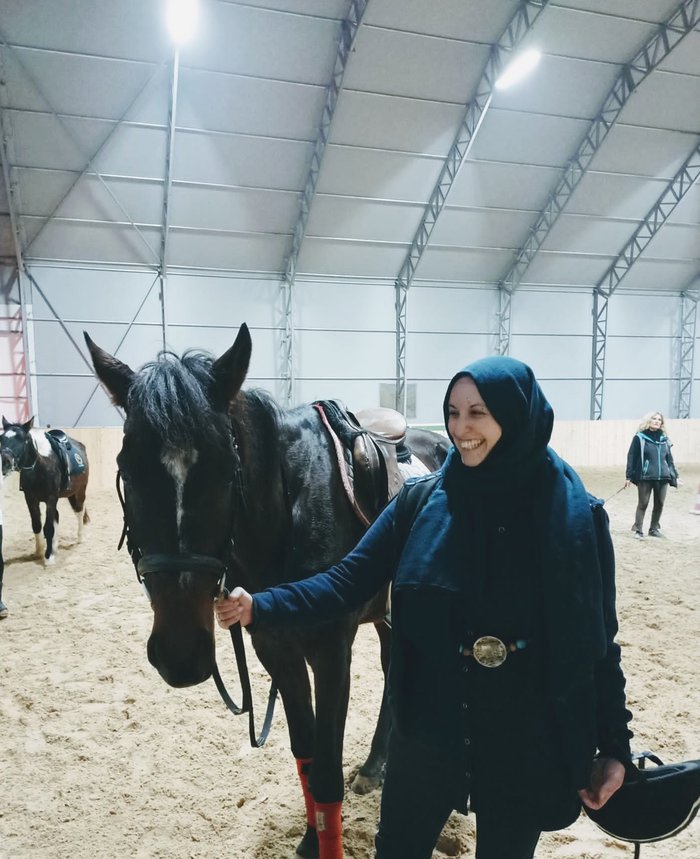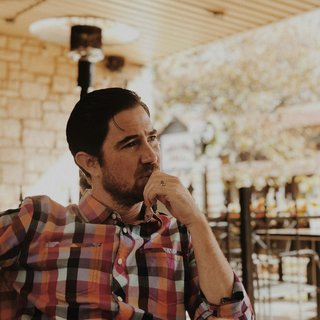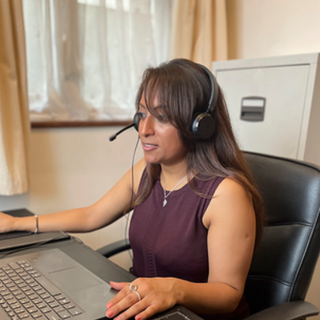Finding hope in the face of infertility
When Federica was diagnosed with Hodgkin lymphoma at age 20, she was told the chemotherapy she needed would affect her fertility. Here she talks honestly about how potential infertility has affected relationships, and how her experience has led her to have a new perspective on life.

At the time I was diagnosed with blood cancer I was a university student in London but visiting family back in Italy. The diagnosis was so unexpected, I didn’t even know how to feel about it. I grew up thinking cancer is such a huge, scary thing, and then all of a sudden the C word was in my life.
Because I was so young, I wasn’t really thinking about one day having kids. I do remember that before my treatment started, they mentioned the impact on fertility and talked about preserving my eggs. But then I had to start treatment so quickly, there wasn’t time. I was so worried about the cancer that treating that was my priority.
After treatment, fertility wasn’t really something I thought about for a long time.
It was too early to think about having a family. I was really just focussed on getting myself back on my feet psychologically. I spoke to a psychologist immediately after finishing treatment, because for me the worst period was after cancer. It was then that the diagnosis really hit me, and I began to process my emotions about it.
The impact of possible infertility became a reality in Federica’s thirties.
I always knew that my fertility could be affected, but it didn’t become something really important until around 10 years after my diagnosis. That’s when I first started thinking about having a family.
I was in a relationship at the time. Having children is something you talk about in a relationship, especially if you’re serious. Personally, I feel like I should be honest, and say “Look, I’ve had this experience and this treatment, and it could potentially affect our ability to have children.”
Sadly, relationships I’ve been in have fallen apart as a result of having that conversation about my fertility. This may be just my experience, but I’ve found that in Turkey (where I live now) not being able to have a kid is a massive thing. There’s a lot of pressure to have children and people tend to think about it from a young age.
I’ve found that pressure very tough. Because at a time when I’ve been going through my own thing and trying to figure out how I feel about my fertility, to also face rejection because of it has been a shock.
I don’t know for sure how my fertility has been affected, so I’m dealing with that uncertainty.
I had a conversation with my gynaecologist in Italy four years ago. She discouraged me from looking into fertility testing, and said after I’ve tried a few times to get pregnant, that’s when they would start checking things.
I understand you can get fertility testing sooner than this in the UK if you’ve had cancer treatment. But even if I’d been offered fertility testing, to be completely honest, I think I would be scared of having any test. I just feel like it would give me so much anxiety.
I’m trying to focus on my own wellbeing. And I’m leaving it a bit to destiny. Somehow it gives me more peace to think of it that way. I’m not in a relationship right now, but I hope if I do meet someone in the future, they’re understanding and caring, and will want to continue despite that uncertainty.

Thinking about adoption
I’ve experienced great sadness, anxiety and panic at times about my cancer diagnosis and the effect on my fertility. But something that has helped is thinking about adoption. Because there are mothers without children, and there are also children without mothers. I think to myself “maybe this has happened so you can give love to a child who doesn’t have a mother”.
Adoption is something that’s been on my mind for a while, but I’ve really started thinking about it in the past six months. I’m not in a stable position to do it right now, so I’m not thinking it would happen in the next two or three years. But it’s something that’s in my heart and I think about it very often. If a partner materialises I would adopt with them, but if I don’t have a partner I’ll do it by myself.
Things that have helped me
I’m a musician, so for me, writing music and letting everything out in that way has really helped. My spiritual life is also very important to me and helps me develop this perspective: that sometimes bad things happen in life, but there’s a lot of good that can come from them.
The love and support of my family and friends has also been so important. They’ve reassured me that no matter what happens, I’m still loved and even if I cannot give someone children I have so much more to give in life.


